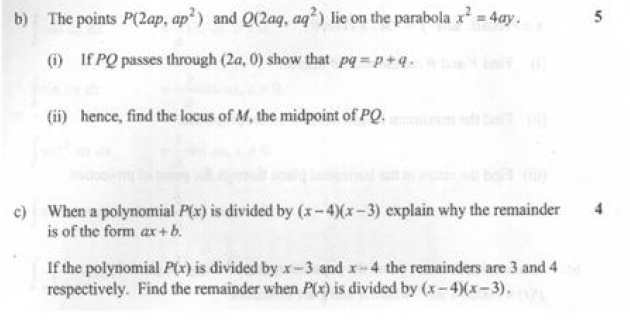Carrotsticks
Retired
- Joined
- Jun 29, 2009
- Messages
- 9,467
- Gender
- Undisclosed
- HSC
- N/A
Re: 2012 HSC MX2 Marathon
 )
)
You'll have a fellow BOS'er with you for your monday 2962 tute.
This is for sem 1. I don't quite remember which 2961 tute I'm in, I think it was on Wed (or was that my analysis oneAh okay; 1st or 2nd sem? and I'm in mon 12 tute for 2962, and not sure about 2961 - any possible tute clashes with either phys chem or chinese lol, but Ill probably be going to the wed 2pm one - gotta work that out in next week, though.
You'll have a fellow BOS'er with you for your monday 2962 tute.


